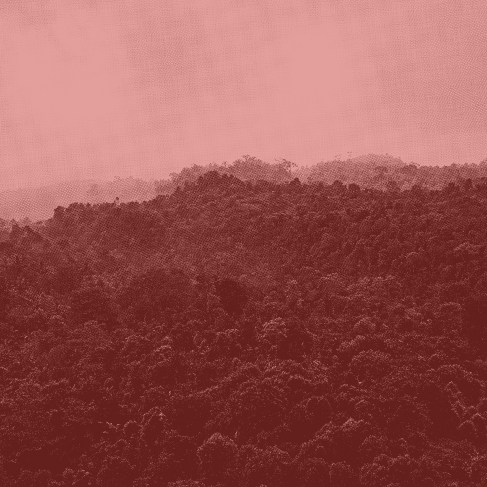The Happy Planet Index (HPI) fell in many countries in 2020, especially in Brazil, Ecuador, Mexico, and Iran - as a result of the pandemic. But surprisingly, these countries are the exception. The majority of countries saw an increase in their Happy Planet Index score, or barely any change.
This may come as a surprise, considering the devastating effects of the pandemic - but can be explained in three steps.

According to the Earth Overshoot Day 2021 report, global ecological footprint fell by 6.5% between 2019 and 2020. For most high income countries, we estimated the fall to be closer to 15%.
This fall in ecological footprint was the result of changes in policy and behaviour – for example working from home, reduced travel, and for many, a generally slower pace of life.

Life expectancy did not fall at the same rate as ecological footprint. For instance, Belgium had the second highest death rate from COVID-19 in the world, at 2.1 deaths per 1000 people, second only to San Marino. And yet, life expectancy only fell by 1.2 years in the country – largely because most deaths were amongst the elderly and therefore did not reduce average life expectancy substantially.

According to the Gallup World Poll data we used, wellbeing fell in 40% of countries in 2020. That includes many Latin American countries such as Mexico, European countries such as the UK, and Asian countries such as the Philippines.
But wellbeing rose in 32% of countries, including India, China, Germany, and most of post-Communist Europe.
We suspect several factors are at play.
Firstly, it may be that wellbeing suffered less in countries which have stronger social security safety nets.
Secondly, some countries seemed to experience a resurgence of social capital during the pandemic, as people got together to help one another.
More broadly, whilst the pandemic has led to uncertainty for many, and the loss of loved ones for others, a large segment of the population in many countries found they were able to enjoy the slower pace of life necessitated by the lockdown and being freed from commuting.
Despite the largest pandemic in living memory and a complete re-organisation of the world economy, people’s wellbeing had, at least in 2020, on average, remained surprisingly stable. This demonstrates that our wellbeing is not inevitably linked to the fast-paced economic system that we have become used to - and suggests that it is possible to sustain good lives with a lower impact on the Earth.
This starts with decision making that prioritises the wellbeing of people and the planet.